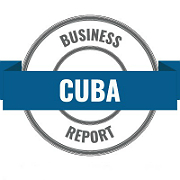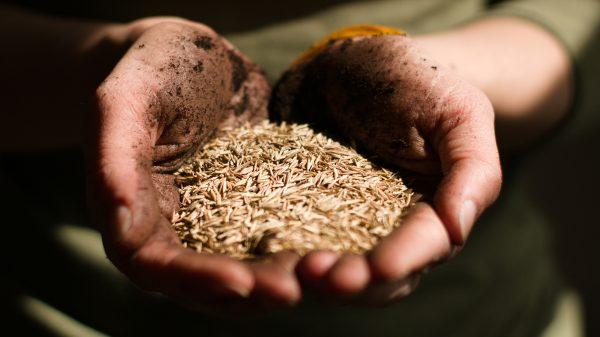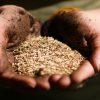Government food ministers are moving to strengthen food production in the agriculture and food sectors to ensure food delivery and security in the face of the COVID-19 pandemic.
The government is facing two battles at the same time: the coronavirus pandemic and the continuation of the U.S. government policy of economic warfare against the Island and its people.
On the Mesa Redonda TV program, the Minister of Agriculture (MINAG), Gustavo Rodríguez, identified new strategies in agricultural production to supply food to the population in the midst of the current pandemic and the ongoing struggles faced by Cubans because of the continuation of the U.S. government blockade.
The First Deputy Minister at MINAG, Ydael Perez Brito, tweeted that planting and harvesting of short-cycle crop strategies will be prioritized to ensure food production in the face of the challenge represented by COVID-19.
Food security and delivery strategies include increasing corn, plantain, yucca and malanga crop production.
MINAG’s new strategies will focus on improving cattle feed quality, and increasing beef and pork production and milk collection to improve food security for Cuban citizens, Perez said.
On Mesa Redonda, the Minister of the Food Industry sector Manuel Sobrino stated that food production and distribution at more than 700 food production facilities has been prioritized. National delivery of tomato, milk, pork and coffee and imported products such as wheat, oil, soy and canned food is foremost.
Minister Sobrino also said that the current situation created by the COVID-19 pandemic and the acquisition of imports is hampered at this time.
Since last week, Cuba has taken measures in the rearrangement of investments, internal trade and food production, as part of the plan of action to fight against the coronavirus pandemic.
At the time of publishing, there are 212 confirmed cases of Covid-19 in Cuba.
And on the view from the street, a Cuban we spoke to said that the government is providing liquid detergent, soap, more chicken, chickpeas and other regulated products so that the people can obtain access to food and household goods.

From our staff writers and editors.












